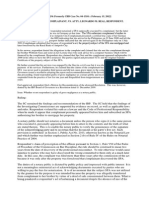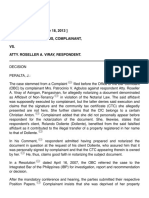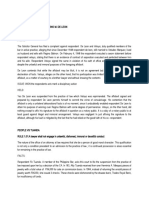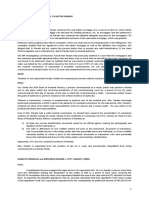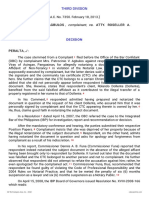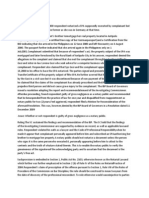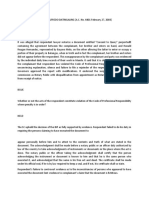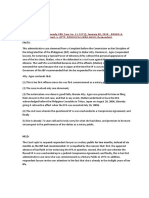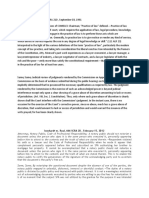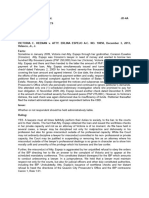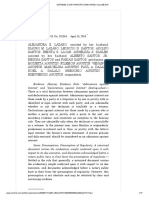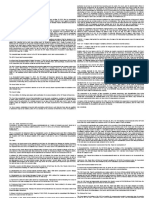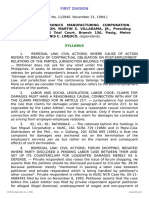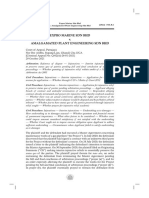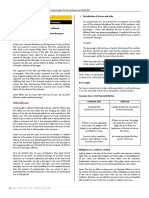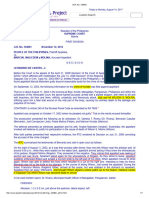0% found this document useful (0 votes)
36 views9 pagesCase Digest of Hernando, J. Cases
5 cases of Justice Hernando
Uploaded by
maicadizonCopyright
© © All Rights Reserved
We take content rights seriously. If you suspect this is your content, claim it here.
Available Formats
Download as DOCX, PDF, TXT or read online on Scribd
0% found this document useful (0 votes)
36 views9 pagesCase Digest of Hernando, J. Cases
5 cases of Justice Hernando
Uploaded by
maicadizonCopyright
© © All Rights Reserved
We take content rights seriously. If you suspect this is your content, claim it here.
Available Formats
Download as DOCX, PDF, TXT or read online on Scribd
/ 9
